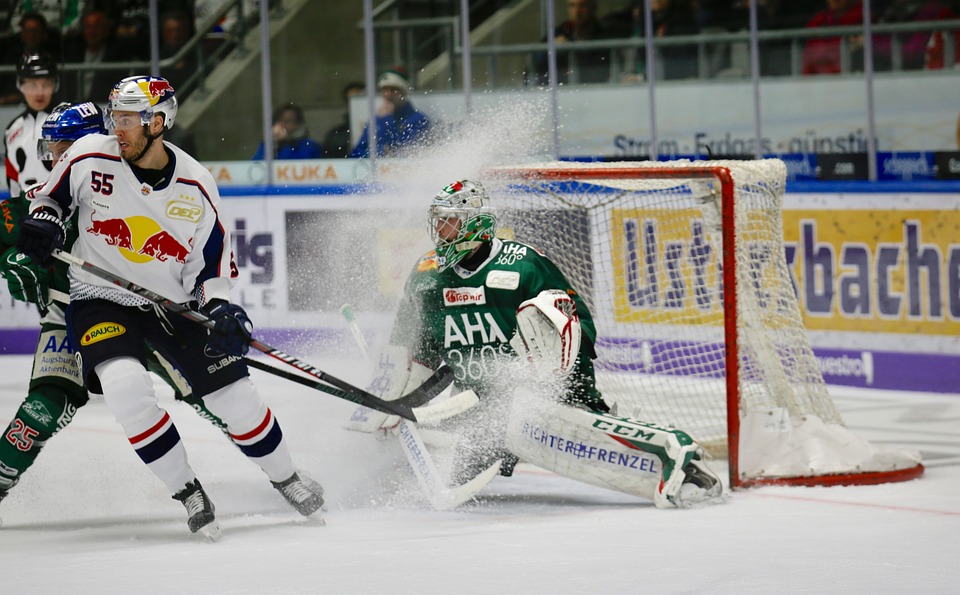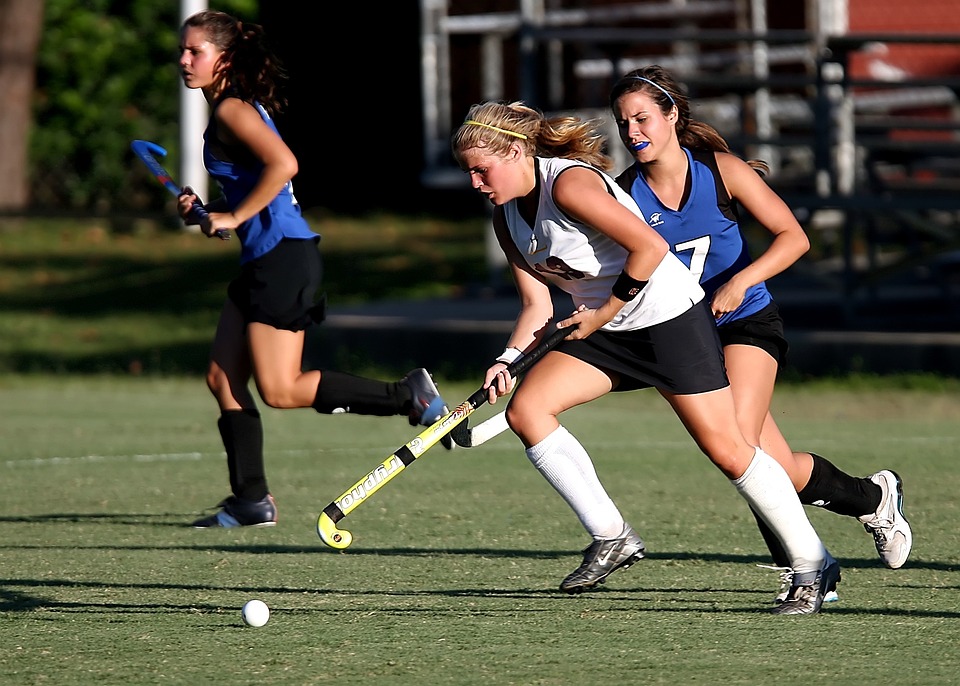Bag skating can take many effective and creative forms, but players essentially skate to the point of exhaustion, vomiting, or giving up, whichever comes first. Some would argue that exercise should not be used as punishment for athletes and I am not looking to discuss coaching philosophy in this article. Personally, I think we can build a better skateboarding bag and turn it into something more productive while still getting the hockey players’ undivided attention.
Imagine your players 20 minutes after skating the bag. Do they look like the type of player you would like to play on the ice during a game? Probably not–they’re bent forward at the hips, their knees hardly bent at all, their steps short and weak–it’s just a mess! Now imagine the athletes in a ski bag for 20 minutes still lower legs and taking powerful steps. The key is to give them a rest! Don’t think I’m crazy, I know the goal is to tire and torture your players. Stay with me a little longer.
Which is harder skating slowly, no knee bends, light steps, or skating with low power? Once an athlete reaches a certain point (the lactate threshold), they cannot physiologically continue to work above that level for longer than 60 seconds. Even if the athlete wants to go fast, his body can’t keep up with the demand for energy production. So here’s what you can do to torture the legs for 30-45 seconds and then torture the arms and core for 60-90 seconds – repeat until you get the desired effect. Here are some sample exercises:
The #1 best ski bag
o Blue line to blue line for 45 seconds
o Push-ups for 45 seconds
o Base Plank from Raise Position 45s (gets the athletes to activate their core muscles while breathing hard – a game-specific core activation plus you’re working on shoulder stabilizers that will help prevent injuries on the road)
Best ski bag #2
o Partner side plank for 90 seconds (one partner runs side plank to side plank while the other partner rests and then the next partner goes)
o Basic Partner Hold for 45-60 seconds – Partners face each other holding the same hockey stick at approximately chest level. One player will try to grip the hockey stick using core muscles for stability while the other player will try to twist or rotate the stick to challenge their partner. Switch roles as anchor after about 20-30 seconds.
Hockey coaches can still exhaust your players while keeping them moving at game speed improving their performance on the ice. Add some upper body and core exercises to build better athletes by building a better ski bag.



0 Comments